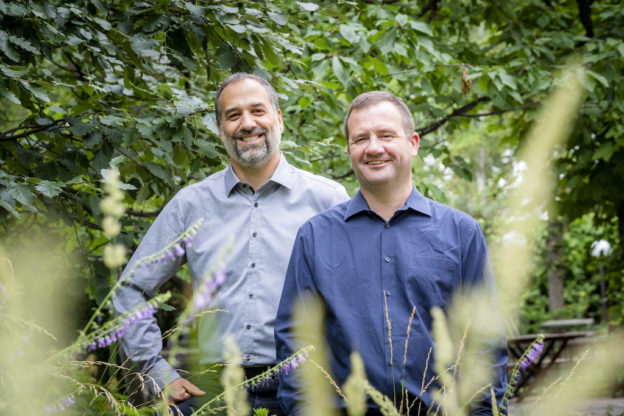I had the great pleasure to talk to Chris Corrigan for another episode of the Systemic Insight Podcast (Episode 9). Chris is a facilitator and an expert in complexity-sensitive facilitation techniques. He has been using similar methods and frameworks as Mesopartner, such as for example the Cynefin framework, developed by Prof. Dave Snowden. Chris describes himself as a process artist, a teacher and a facilitator of social technologies for face to face conversation in the service of emergence. His business is supporting invitation: the invitation to collaborate, to organise, to find one another and make a difference in our communities, organisations and lives.
Chris and I talked about the difference between being an expert that brings solutions and a facilitator that creates the conditions for emergence. We discussed the importance of invitation and respecting human dignity in collaborative processes and in dialogue. During the discussion, Chris described the Cynefin framework and how he uses it in his practice. Chris presented Cynefin as an incredibly useful generative framework and shared how we can use it to make sense of action.
Chris and I also discussed the current COVID-19 pandemic, how complexity concepts suddenly become very important and useful, and we explored quite deeply the relationship between leadership, moral and ethics, complexity and decision making.
Finally, we talked about the concept of dialogue and dialogic approaches and how they are fundamentally part of how we humans make sense of the world around us, interact and collaborate, and explore different options on how to act.
As the episode is 1.5h long and not everybody might be able to put aside enough time to listen to it, below some extracts of the podcast, partly verbatim quotes by Chris, partly paraphrased by me. Hopefully this is enough of a teaser so you will still go and listen to the full episode, its well worth it!
Continue reading


